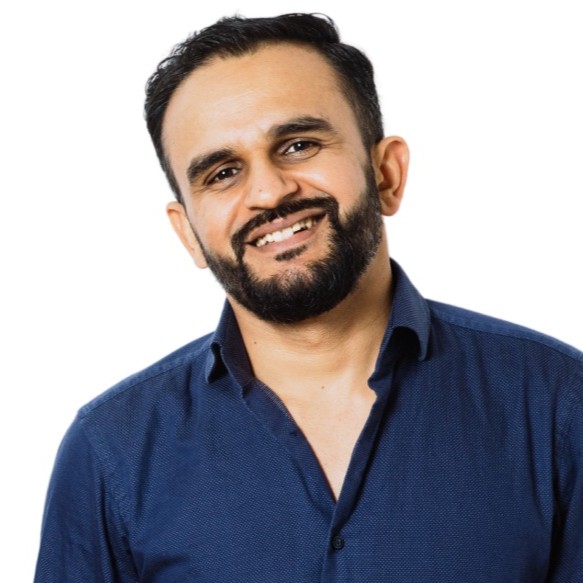Google X – the tech giant’s semi-secret facility that is dedicated to making major technological advancements – is well-known for its ‘moonshots’; ideas which seem outlandish but which have often produced some of the most exciting, forward-thinking, and widely used technology that’s available today. Success stories include Google Translate, self-driving cars, Project Loon and Google Glass.
Its latest concept is a pill that aims to detect cancers and other diseases by sending magnetic nanoparticles into a person’s bloodstream. The idea came about after a conversation with Sam Gambhir, who said the firm were looking for ideas on which moonshots they should aim for next. Gambhir is a professor of radiology, bioengineering, and materials science at Stanford University and is also the director of the university’s Canary Centre for Cancer Early Detection – a unit at the forefront of a movement that seeks to identify cancers far sooner than we do today.
After extensive conversations, developing a “nanoparticle platform” seemed like a good fit – especially as Google grew its health operations and added researchers to its health sciences lab in Silicon Valley.
They hope the technology will work by making nanoparticles latch onto certain cancer-related molecules in the bloodstream and that a wearable device would use magnetic properties to recognise when this happens. While it’s not the first attempt to detect cancer within the body without drawing blood, Google will undoubtedly bring something new to the field. Google have built an unusually talented team that spans multiple disciplines, including physics, chemistry, and biology, and also provide a new kind of corporate leverage that’s unavailable to traditional academic centres and research labs – they aim to push new technologies into the market at speed.
“They have brought on a lot of very smart people that are thinking about these problems in very unique ways”, Gambhir said. “Academic institutions aren’t as good at making an actual product. Research has to leave the academic world and move into the industrial world, and most industrial world applications are focused on therapeutics rather than diagnostics – and certainly not diagnostics based on wearable sensors”.
Despite the positivity, it will probably be years before a Google cancer-detecting pill reaches the market. Currently Google has not tested its pills on humans, and instead focussing on sending prototypes into artificial human limbs. Muneesh Tewari, who heads a research lab working on early detection of cancer at the University of Michigan, says reaching the market will require not only additional research but some rather significant regulatory wrangling.
“The concept is very exciting and has merit. The question is how feasible is this and over what time frame. It’s still quite early days”, he said.
Nonetheless, this is exactly what Google X was designed to do – push boundaries harder and faster than other companies want to or are able to. You get the distinct impression that if anyone is going to succeed it’ll be Larry Page and his team of moonshot specialists.
By Daniel Price





